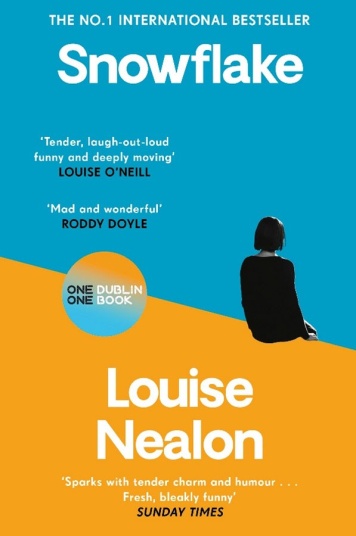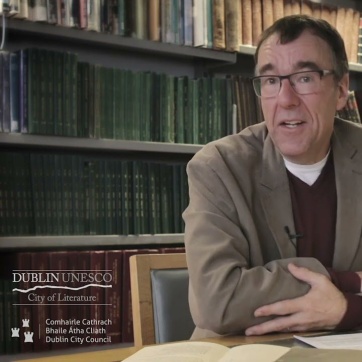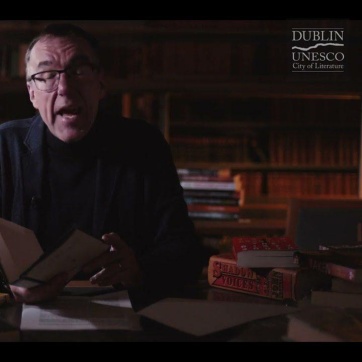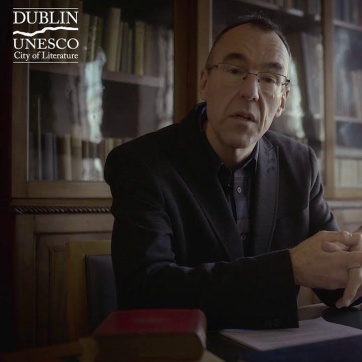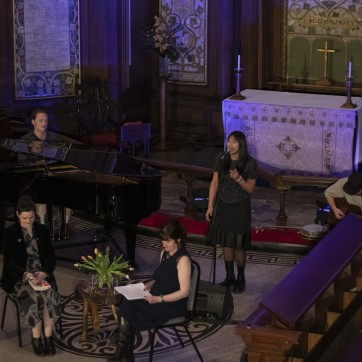
Kate O’Brien
1897 – 1974
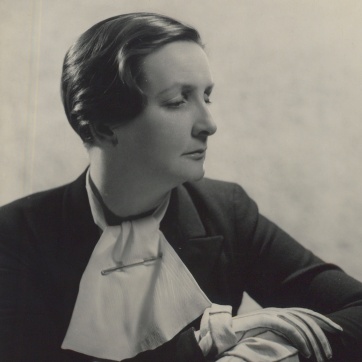
Kathleen Mary Louise “Kate” O’Brien was born in Limerick City on 3 December 1897. At the age of five, her mother died and she was sent to join her three older sisters who were boarding at Laurel Hill Convent. O’Brien studied English and French in University College Dublin, graduating in 1919 and moving to England, where she worked briefly in journalism before taking a position as a teacher in London. In 1922, she moved to live in Spain, to work as a governess, where she began to write fiction. Returning to London in 1923, O’Brien married a Dutch Journalist, Gustaaf Renier, which lasted less than a year.
Following the end of her marriage, she worked as secretary for a charity, only writing her first play after making a bet with a friend that she could write a one within a few weeks. O’Brien, successful in her wager, released Distinguished Villa in 1926 at the Aldwych Theatre in London to generally positive reception. O’Brien pivoted to writing full-time, but despite producing a number of plays in 1927, it was her debut novel, Without my Cloak (1931), that established her as a significant Irish writer, winning both the James Tait Black Memorial Prize and the Hawthornden Prize for her depiction of an Irish families rise from famine in the mid nineteenth century to affluence two generations later.
O’Brien published a total of 9 novels, in addition to plays, film scripts, short stories, essays, journalism, two biographical studies and two highly personal travelogues about Spain and Ireland. Even though she lived outside of Ireland for most of her life, the country would continue to inspire and influence her writings, as can be seen in her writings on nuns and the setting of many of her novels within a fictionalised Limerick called ‘Mellick’.
Her unflinching portrayal of sexualities, agency and personal desire in many of her works was radical at the time, and led to two of her novels, Mary Lavelle (1936) and The Land of Spices (1941), being banned in Ireland by The Censorship of Publications Board for their depiction of homosexuality and adultery. The banning of The Land of Spices was especially controversial and elicited a debate in the Irish Senate and a campaign against is censorship that was supported by Seán Ó Faoláin among other literary contemporaries.
O’Brien died in Canterbury, England on 13 August 1974 and was buried in a public cemetery behind the Church of Our Lady of Mount Carmel, Faversham. At the time of her death, O’Brien remained relatively obscure; most of her books were out of print and her finances were strained. However, in the 1980s, her work underwent a revival, as feminist scholars and publishers began to highlight the importance of her bibliography.


